The Complete Guide to Food Blister Packaging: Everything You Need to Know
In today’s fast-moving food industry, packaging plays a critical role in product preservation, safety, and consumer convenience. Among the many packaging options available, Food Blister Packaging has become increasingly popular for its practicality, hygiene, and attractive presentation. Whether you are dealing with snacks, bakery items, or fresh produce, choosing the right food packaging is essential to ensure both safety and brand appeal.
This article provides a complete overview of food blister packaging, explains the benefits of small food packaging, and answers common questions about the food packaging industry.
What is Food Packaging?
Food packaging is the process of enclosing food products in materials that protect them from external contamination, spoilage, and damage while ensuring convenience in handling, storage, and distribution.
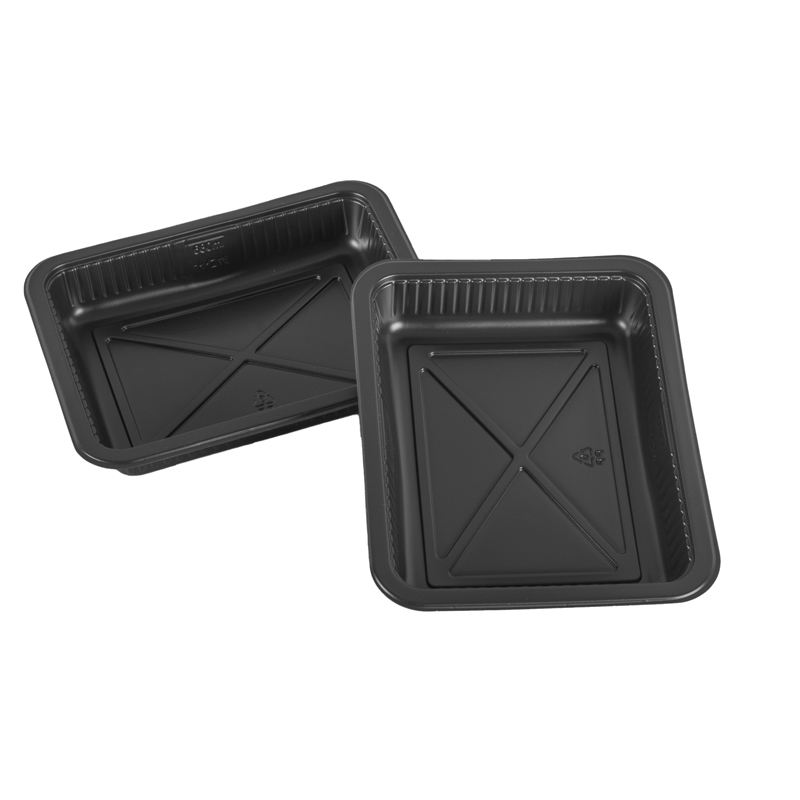
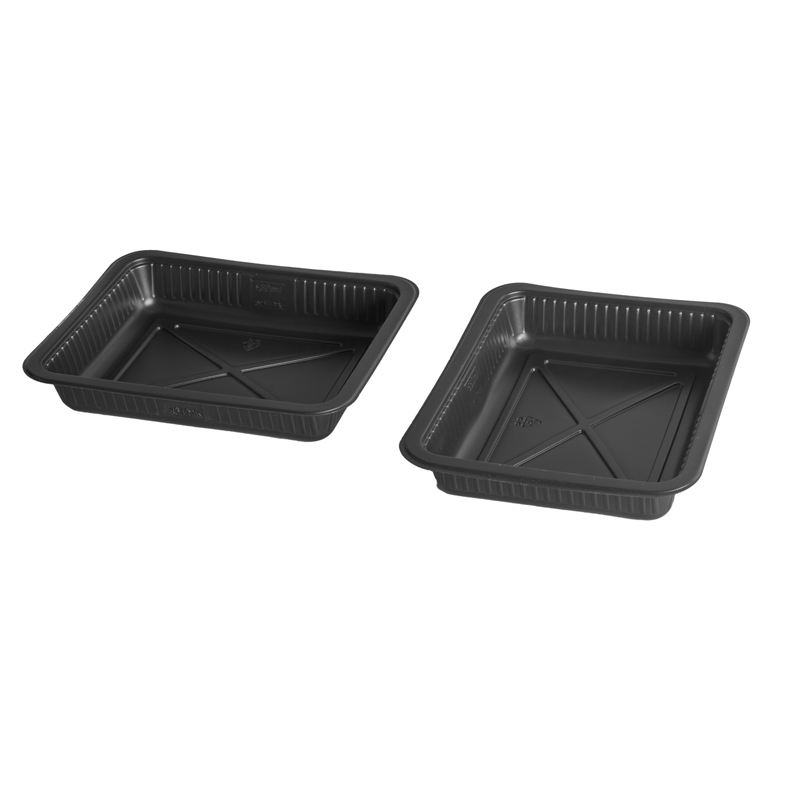
The primary functions of food packaging include:
Protection – Prevents contamination, preserves freshness, and extends shelf life.
Safety – Ensures food remains uncontaminated and tamper-proof.
Marketing – Attractive packaging designs encourage customer purchases.
Convenience – Makes storage, transport, and portion control easier.
In recent years, blister packaging has emerged as a reliable and cost-effective packaging solution for the food industry.
What is Food Blister Packaging?
Food blister packaging refers to a type of packaging that uses pre-formed plastic molds to securely hold and display food items. It typically consists of a clear cavity (blister) and a backing material such as cardboard, aluminum foil, or plastic film.
This packaging style is commonly used for:
Baked goods (cookies, pastries, muffins)
Confectionery (chocolates, candies, nuts)
Snacks (chips, dried fruit, energy bites)
Frozen foods (dumplings, seafood, ready-to-eat meals)
Blister packaging not only keeps food fresh but also provides a transparent window that allows consumers to see the product before purchase.
Advantages of Food Blister Packaging
1. Extended Freshness
Blister packaging offers airtight sealing that prevents moisture, bacteria, and oxygen from spoiling food.
2. Transparency and Appeal
Clear plastic cavities highlight the product, enhancing visual appeal and encouraging impulse buys.
3. Portion Control
Perfect for single-serve snacks or small food packaging, blister packs help reduce waste and increase convenience.
4. Lightweight and Cost-Efficient
Compared to glass or metal containers, blister packaging is lightweight and affordable, making it ideal for mass production.
5. Tamper Evidence
Blister packaging clearly shows if a product has been tampered with, ensuring consumer trust.
Small Food Packaging: Meeting Modern Consumer Needs
In an era of on-the-go lifestyles, small food packaging is in high demand. Consumers prefer single-portion packs for convenience, reduced waste, and better portion control.
Here’s how small blister packaging supports modern food consumption:
| Feature | Benefit for Consumers | Benefit for Businesses |
| Portion Control | Helps consumers manage calorie intake | Encourages repeat purchases |
| Convenience | Easy to carry for travel, school, or work | Expands market reach |
| Sustainability | Reduces food waste by providing smaller servings | Lowers packaging costs |
| Hygiene | Keeps each portion sealed until consumption | Ensures safety during distribution |
Small blister packaging is particularly popular in confectionery, dairy products, and ready-to-eat snacks.
How Food Blister Packaging Improves Shelf Life
Blister packs extend shelf life by providing multiple protective layers:
Barrier protection: Blocks oxygen, light, and moisture.
Sealing technology: Heat-sealed closures prevent contamination.
Portion-based storage: Only the opened portion is exposed, keeping the rest fresh.
This makes blister packaging an excellent solution for food retailers and manufacturers seeking long-lasting quality control.
Applications of Food Blister Packaging
Blister packaging is versatile and used across multiple food categories:
Confectionery – Candy, chocolate, and nuts.
Bakery – Biscuits, cupcakes, and pastries.
Frozen Foods – Seafood, dumplings, frozen snacks.
Ready-to-Eat Meals – Microwave-friendly packs for quick consumption.
Health Foods – Protein bars, energy bites, and vitamin-enriched snacks.
Sustainability in Food Blister Packaging
Modern consumers care about sustainability. Manufacturers are now developing blister packs using:
Biodegradable plastics
Recyclable materials
Eco-friendly inks and coatings
This allows businesses to balance environmental responsibility with functionality.
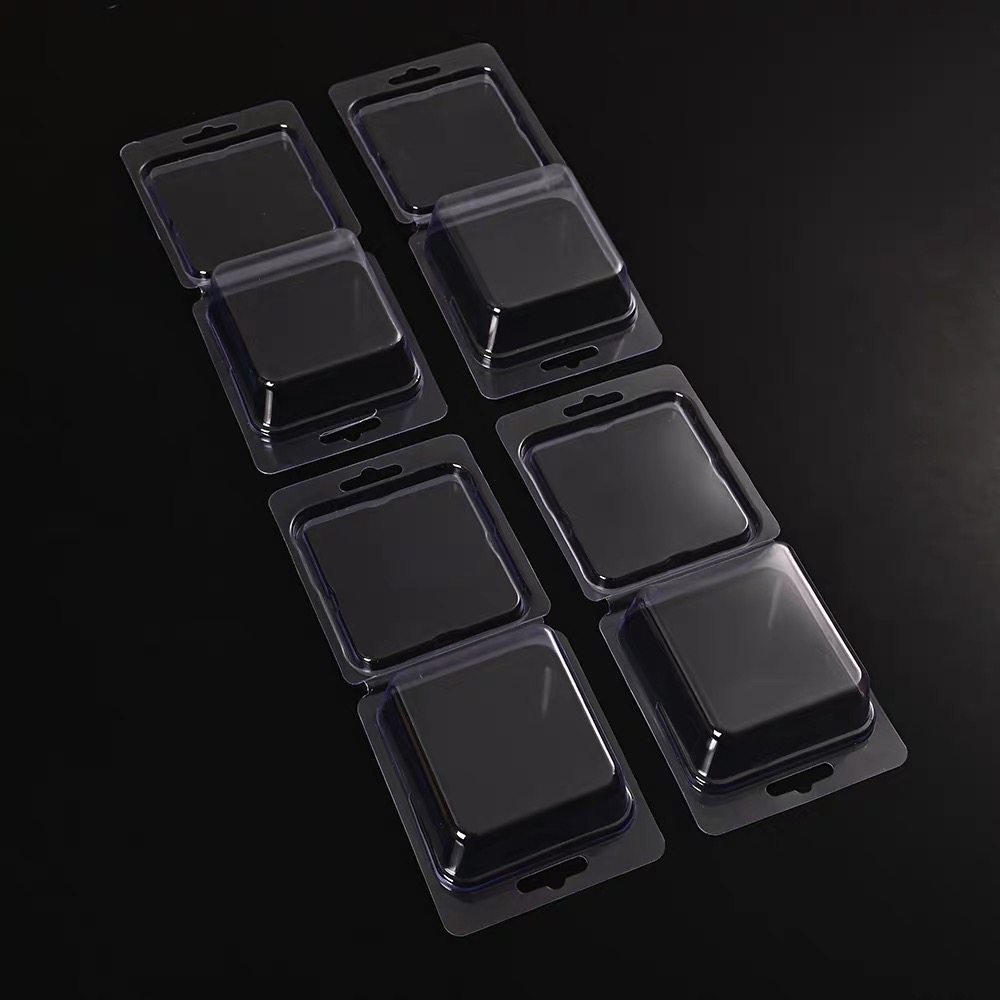
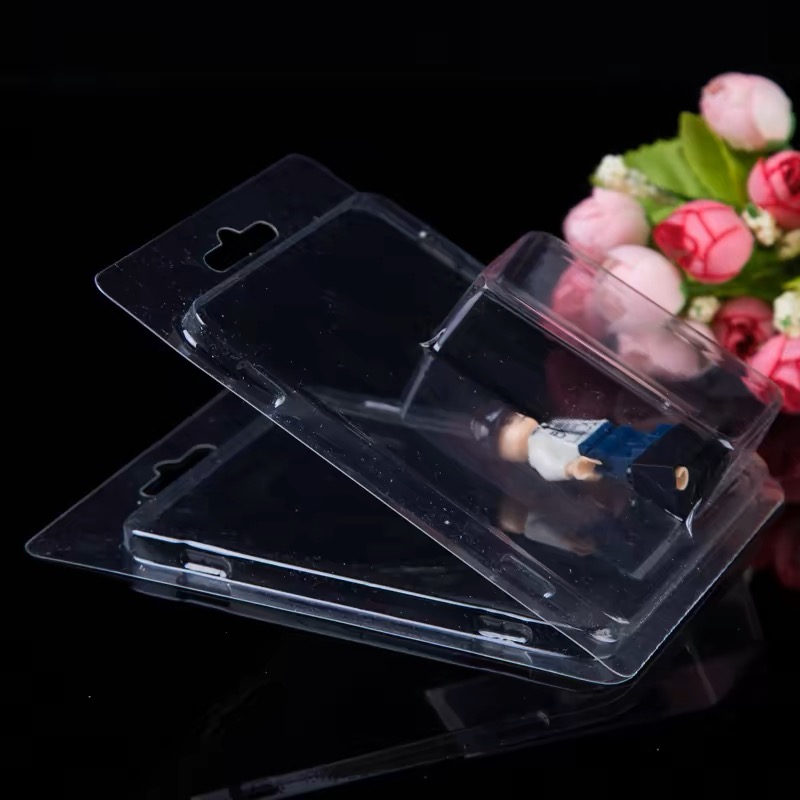
Frequently Asked Questions (FAQ)
1. What is food packaging?
Food packaging is the process of enclosing food in protective materials to keep it safe, fresh, and easy to transport while ensuring hygiene and convenience.
2. Why is blister packaging used for food?
Blister packaging is used because it keeps food fresh, provides portion control, offers tamper evidence, and improves product visibility.
3. Is small food packaging better for consumers?
Yes. Small food packaging is convenient, reduces waste, and allows consumers to manage portion sizes effectively.
4. How does blister packaging extend shelf life?
By creating a protective barrier against air, moisture, and bacteria, blister packaging slows spoilage and keeps food fresh longer.
5. Is food blister packaging recyclable?
Yes. Many blister packs are made with recyclable materials, and eco-friendly options are increasingly available.
Conclusion
Food blister packaging is revolutionizing the way food is stored, displayed, and consumed. From extending shelf life to offering portion control and sustainability, it is one of the most efficient packaging solutions for modern food businesses.
For companies seeking high-quality food packaging or small food packaging solutions, choosing a trusted supplier is key.
For professional packaging services, we recommend ZX Pack. They specialize in innovative food blister packaging tailored to your business needs.
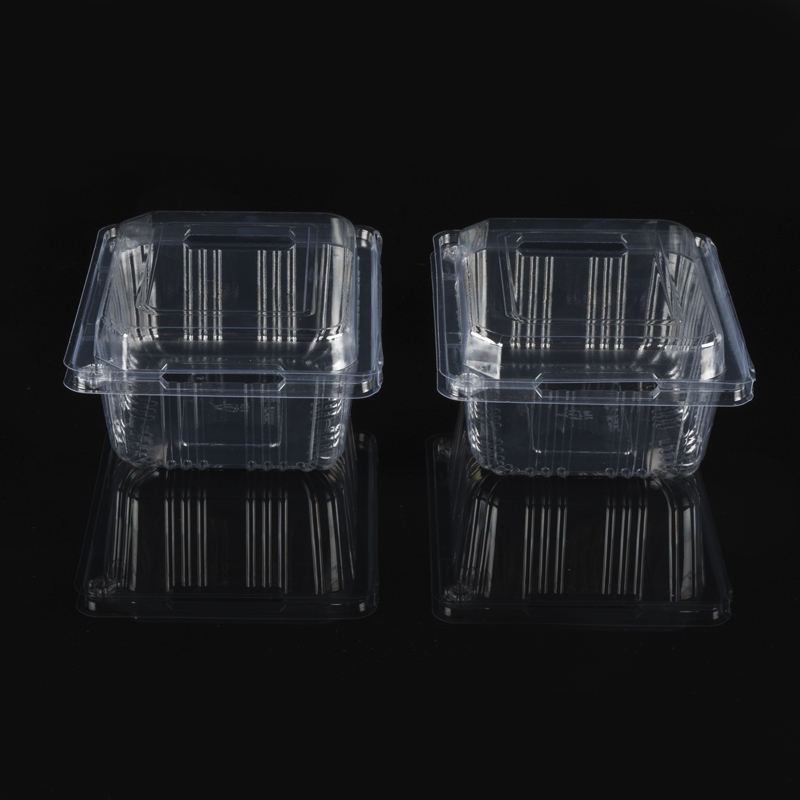
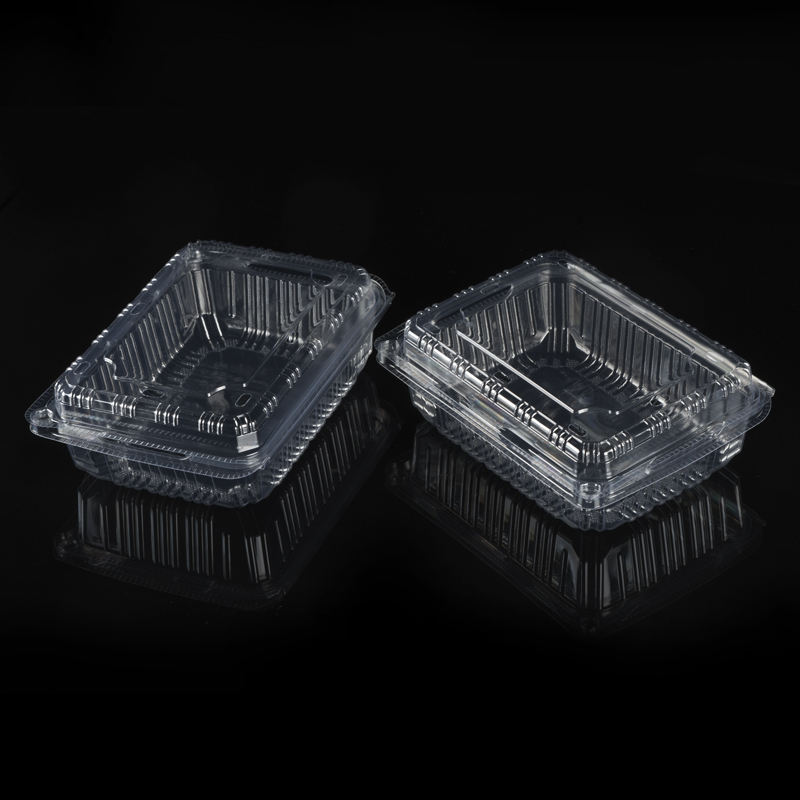
Contact ZX Pack:
Email: zszxpack@163.com
Phone: +86-18024217948
Food Blister Packaging
food packaging
small food packaging





























